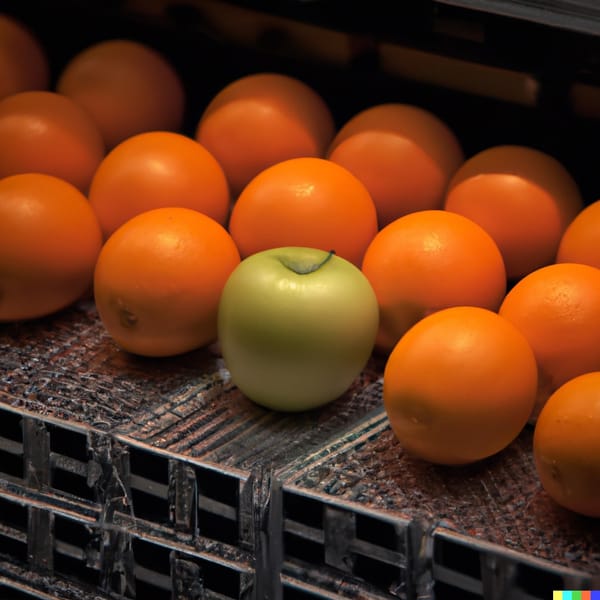The curse of the downvote

I don't have strong opinions on Facebook - I'm not even a user anymore - but I think that the "like/dislike" mania is going a bit too far. I've read yesterday that an engineer was fired from Facebook for having a YouTube channel, but that's beyond the scope of my post today. In one of his videos, he says that FB culture is driven by likes - you need to be popular, not to be good.
Well, I actually think that may be appropriate for Facebook. Eat your own dogfood - isn't that one of the golden rules for just any product?
But, what I hate nowadays is the curse of the downvote (or the upvote). It's everywhere: on Facebook, on Reddit, even on Hacker News - you get downvoted, then probably your comment is hidden from most people. The most upvoted comment (or article) gets more impressions.
But what does an upvote, or a like, or a share, or a retweet, or a downvote, or a flag, actually mean? I think we've lost the context.
When I still was on Facebook, and some of my friends shared an hoax or just some falsehood, I was usually quick to point that out - with due references. Then they just told me "hey, I shared the article. I'm not the one who wrote that. I may not even agree with that". So... what does "share" mean?
I think we need better connections for our actions. What's an upvote (or a retweet or a reshare) ? Does it mean "I agree"? Does it mean "I have reasons to believe the poster is factually correct"? Does it mean "I like it for no particular reason"?
What's a downvote? Does it mean "I think the poster is factually incorrect"? Or "I don't like this opinion"?
What's a flag (in HN) or a report in other sites ? Does it mean "The poster suggests something illegal"? Does it mean "I think it's an hoax, fake news, just trolling"? Or it just means "I wouldn't like to see it there, throw it away". What does that REALLY imply?
Yes, maybe that's complex. "Upvote" or "Downvote" seems easier. But that's not just our opinion anymore. Upvotes and downvotes do shape conversations and discussions, and using them unwisely just perpetrates echo chambers and unhealthy ideological silos.
I think we can - and we should - do better. Much better.
Maybe we should show comments / articles in a random fashion, and let people "grade" them by quality of the opinion and/or correctness. And only after a while, when commenting stops, we should create a "top ten" for our comments; or something like that; we should make sure that more than one idea gets exposure, rather than going from the start with a "winner takes it all" mentality. It's not good for anybody.
Photo by Fabian Gieske on Unsplash

